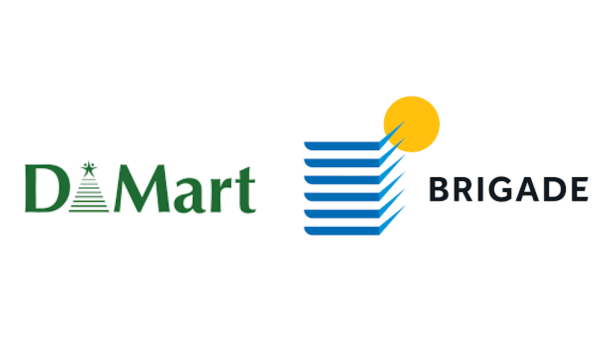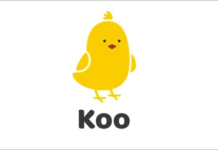In accordance with a regulatory filing, Dmart, an Indian supermarket chain, has allocated 2,77,649 equity shares to eligible employees. These shares, with a nominal value of Rs. 10 each, were issued under the Employee Stock Option Scheme of 2016. The exercise price for each equity share was set at Rs. 299. This action signifies that eligible employees had the opportunity to exercise their options and acquire shares at the specified price.
Brigade Enterprises, a real estate and property development company, has also made an announcement regarding the allocation of 60,904 equity shares to its employees as stock options. This decision was documented through an exchange filing. As a result of this allotment, the company’s paid-up share capital has risen to Rs. 2,30,79,25,550. In simpler terms, the company has given its employees the opportunity to acquire these shares as part of their compensation package. This increase in share capital reflects the additional value generated by the allotment of shares to employees.
Companies allot equity shares to employees to motivate and retain them, align interests with shareholders, and provide performance-based incentives.
It creates an ownership culture and empowers employees to contribute to company growth. By granting ownership stakes, employees become more invested in the company’s success and make decisions that contribute to long-term value creation.
This also fosters loyalty, commitment, and a long-term focus, while also differentiating the company in the job market. Ultimately, allotting equity shares aligns employee and shareholder interests, driving overall organisational success.
Value our content... contribute towards our growth. Even a small contribution a month would be of great help for us.
Since eight years, we have been serving the industry through daily news and stories. Our content is free for all and we plan to keep it that way.
Support HRKatha. Pay Here (All it takes is a minute)




































